Food, Water, and Shelter: Basic Needs in the West Bank Under Threat of Settler Violence
Part Three: Demolitions, Fire Bombings, and Infrastructure Apartheid
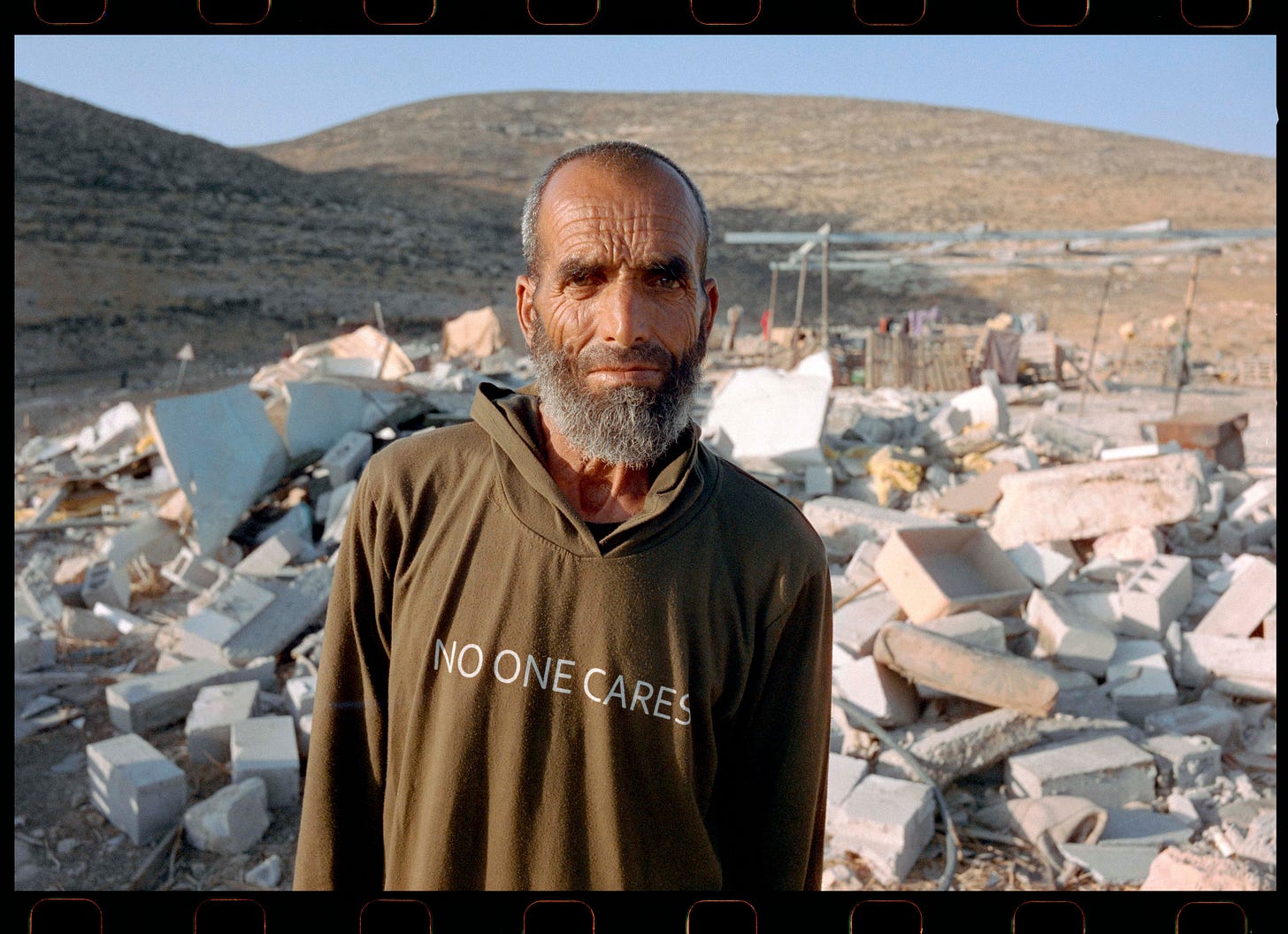
The history of home demolitions in Palestine begins well before the State of Israel. During the British Mandate Era, home demolitions took place as a form of collective punishment and a means to suppress violent uprisings on behalf of oppressed Arabs. According to an English study from 1987 on the British occupation of Palestine, The Collective Punishment of Palestinian Villages and Zionist Colonization, upwards of 70,000 Palestinian homes were destroyed by the British before the 1948 establishment of the State of Israel.
While today, the history of the British Mandate Era may read as black and white, Israel has covered serious ground in branding modern-day home demolitions as anything other than collective punishment. In 2011, MIFTAH, a Palestinian NGO which operates in occupied Palestinian territories, published a fact sheet outlining collective punishment, military operations, and administrative policy as the three primary means by which home demolitions are carried out.
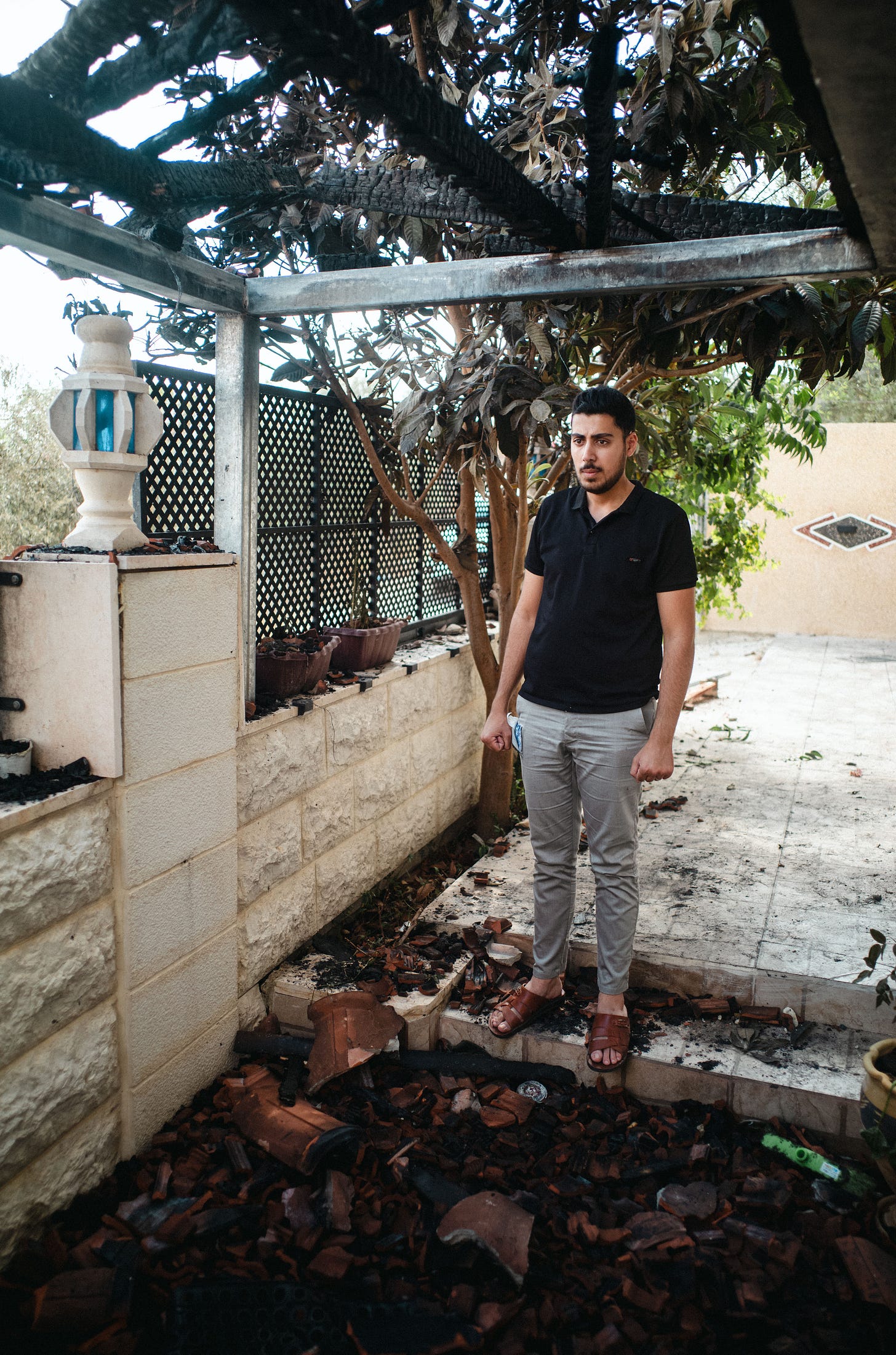
Collective punishment, which is outlawed by international law under the Geneva Convention, can commonly be seen in the form of pricetag attacks — like the arson attacks which occurred in Jit — or the bulldozing of entire villages like Zanuta which happened in the absence of Palestinian villagers who left their homes to flee from settler violence.
Administrative policies enforeced by the Civil Authority (the Israeli governing force in Area C of the West Bank) include building permits, requirements for costly master plans, and extensive legal processes. In many cases, Palestinians are either without the money or time to prevent their home from being destroyed once a demolition order has been issued.
While a family may have lived in a home for generations, administrative demolition orders may be issued for carrying out Israeli construction projects like roads, forcing Palestinians off of land which is surrounded by settlements, or preventing the legal transfer of land in Area C to Palestinians through court hearings. Once a demolition order is issued, there is no recourse for the Palestinians living in the home.
In Zanuta, instances of collective punishment and administrative policy make up the majority of the attacks and demolitions in the village. A Bedouin village about 20 kilmeters south of Hebron furnished with a schoolhouse and dozens of houses, Zanuta became a target for reprisal violence at the hands of settlers following the October 7th attacks.
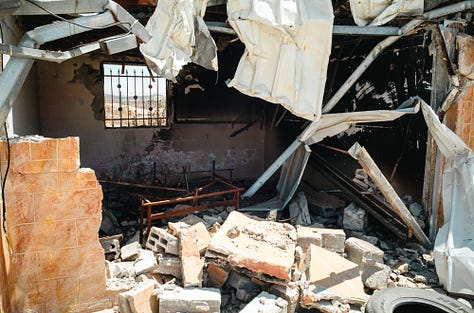
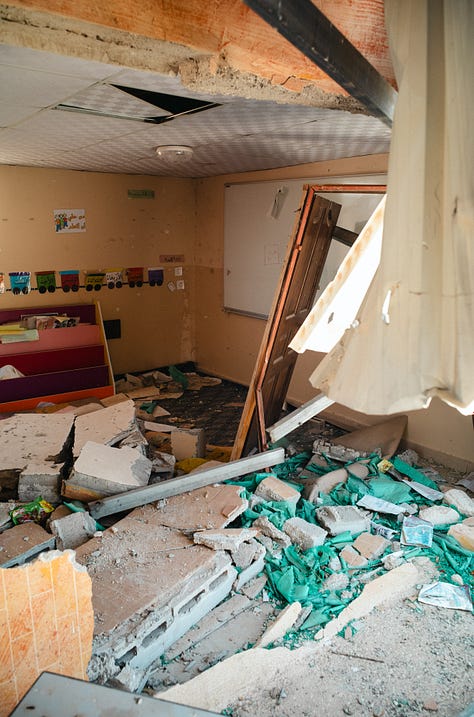
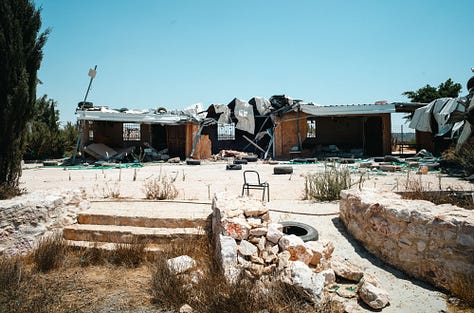
Shortly after the Hamas-led attacks of October 7th, Israeli settlers attempted to burn down the schoolhouse; they sought to collectively punish Palestinians living in Zanuta for the damage inflicted on Israelis. Unmoved by the arson attempt, those in the village continued to use the structure, which also serves as a community center and town square. Eventually, those living in Zanuta were forced to flee the daily attacks on their housing, wells, and livestock by Israeli settlers.
In their absence, settlers reduced their school and orchards to complete ruin and either partially or completely demolished every other residential structure in the village.
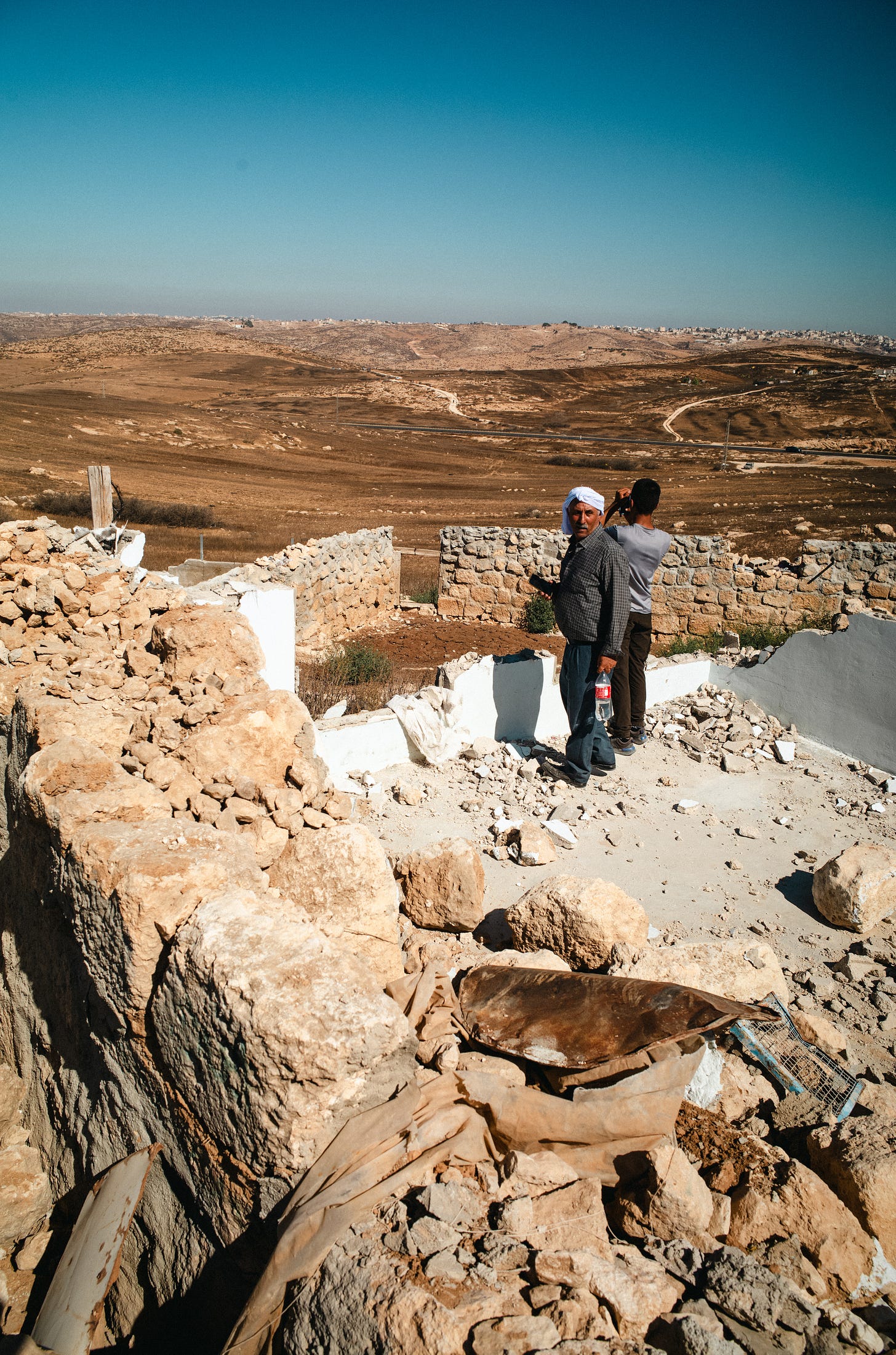
Since their return on the 21st of August, 2024 — which was authorised by an unprecedented Palestinian victory in the Israeli courts — villagers have been met with administrative restrictions. Homes inhabited by Palestinians for generations have been demolished by settlers. But due to the building restrictions set forth by the Civil Administration in Area C, the villagers seeking to return to their way of life may never receive the chance to properly rebuild.
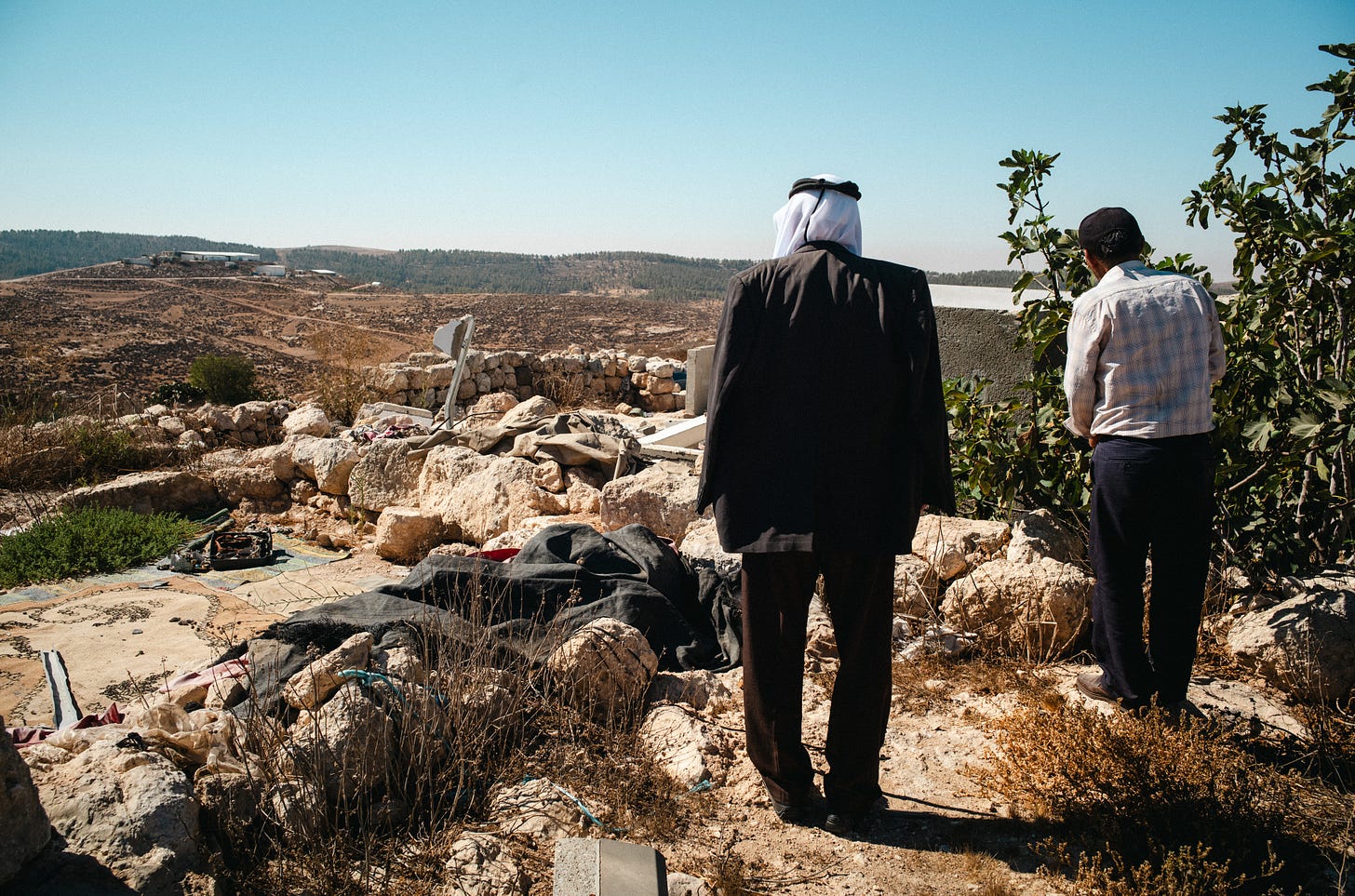
In the case of Fares Samamarah, this takes the form of covering the walls of his home with a tarp where his roof used to be to avoid demolition orders for “building permanent structures” without proper authorization.
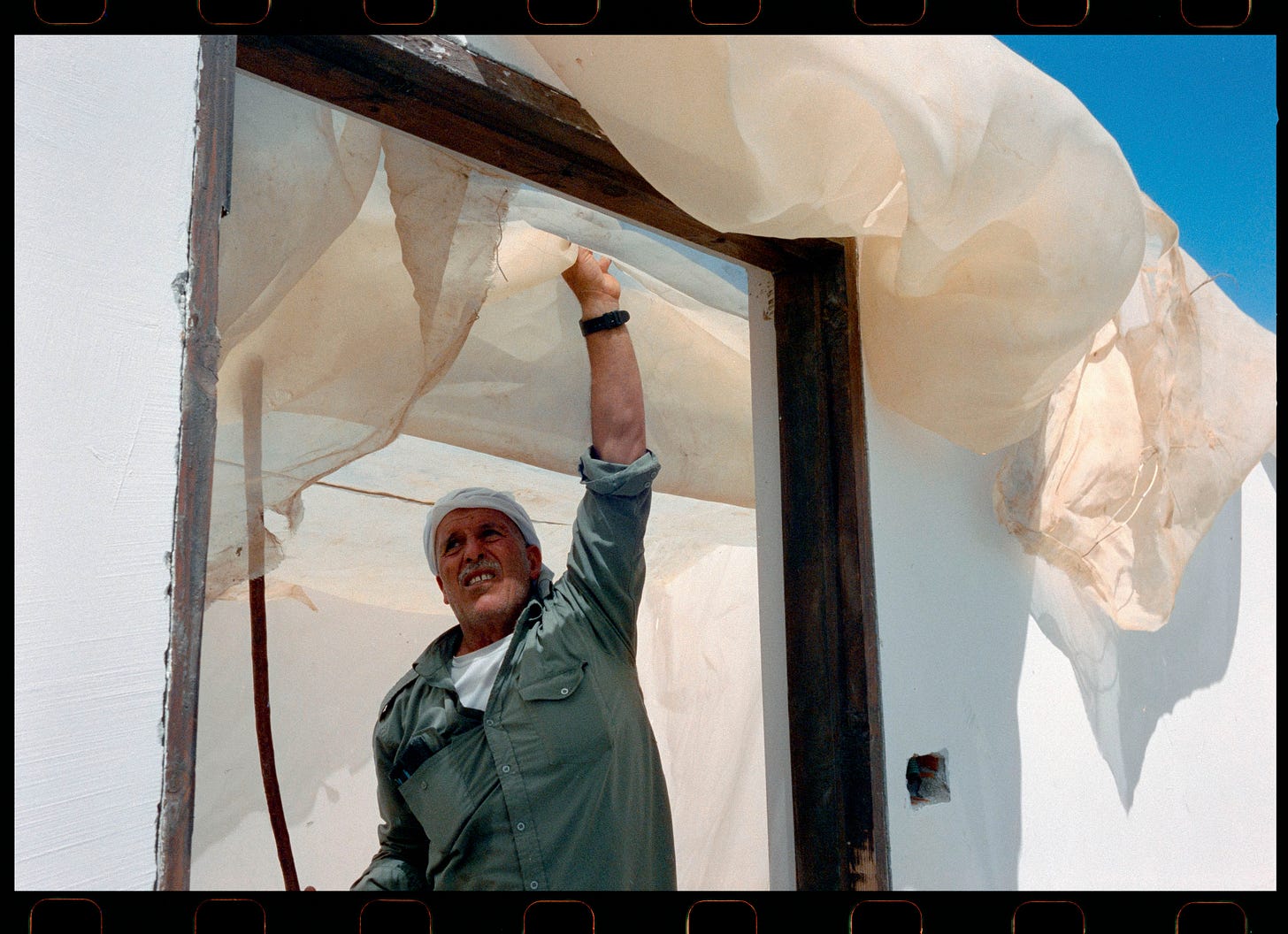
Despite the home being in his family for generations, the laws surrounding building and construction may still result in administrative demolition orders.
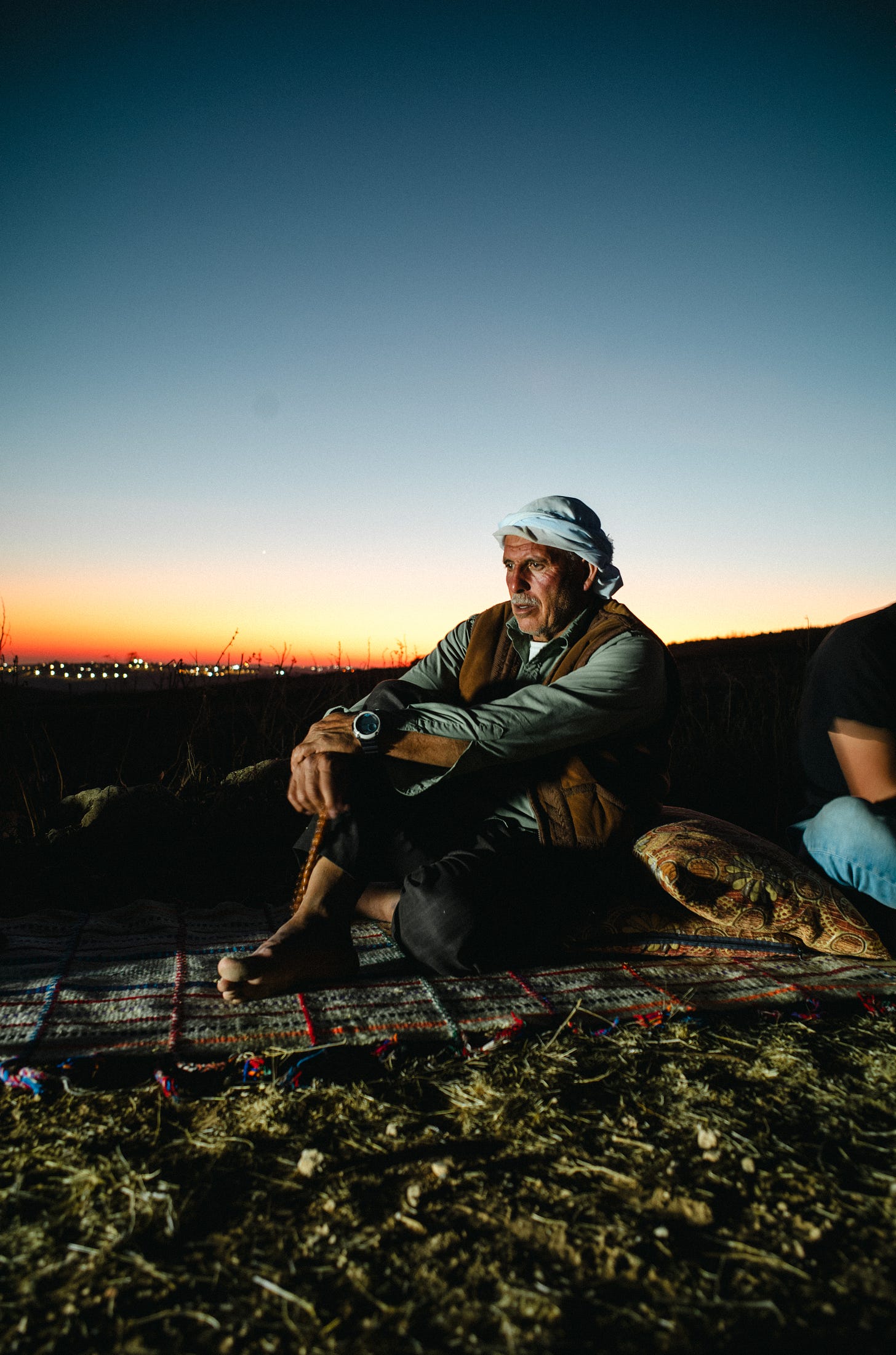
In fact, the prospect for building is so bleak, that 98% of all requests for build permits are rejected in Area C. For people like Fares, this means permanent repairs to structures — even when the damages come in the form of price tag attacks or vigilante reprisal at the hands of Israeli settlers — are practically impossible. To make matters worse, international support to rebuild from NGOs like the United Nations or the International Committee of the Red Cross enrages Israeli politicians, who see the act of Palestinians rebuilding their generational homes as “an illegal takeover of the land.” In 2022, Prime Minister Naftali Bennett declared “a real and immediate battle” for land in the West Bank, stating, “We are not the United Nations.”
While news of Israeli annexation of land in the West Bank through attacks on basic needs like housing gradually makes its way back to Americans, their taxpayer money is poured right back into the problem. 70% of Israel’s military operations are financed by the United States of America. From the M16 carried by a border officer at Bethlehem’s Checkpoint 300 to the F15 fighter jet dropping dumb bombs on the Gaza Strip, U.S. funding ensures Israel’s ability to maintain an aggressive military presence in the region and conduct operations that include and justify home demolitions.
Since October 7th, the U.S. Government spent $22.76 billion dollars on military aid to Israel. Of that $22.76 billion, there is an additional clause allowing Israel to spend 25% of that money on domestic armament — an allowance which sets apart Israel’s aid package from any other allied defense spending agreement America maintains. This clause allows Israel to pump one quarter of the money it receives from American taxpayers into its own military industry.
In the wake of the recent U.S. Presidential Election, some are waiting to see whether or not the current administration has any last minute changes to foreign policy left up its sleeve. But for those who feel left behind with the results of the 2024 election, the odds seem slim.
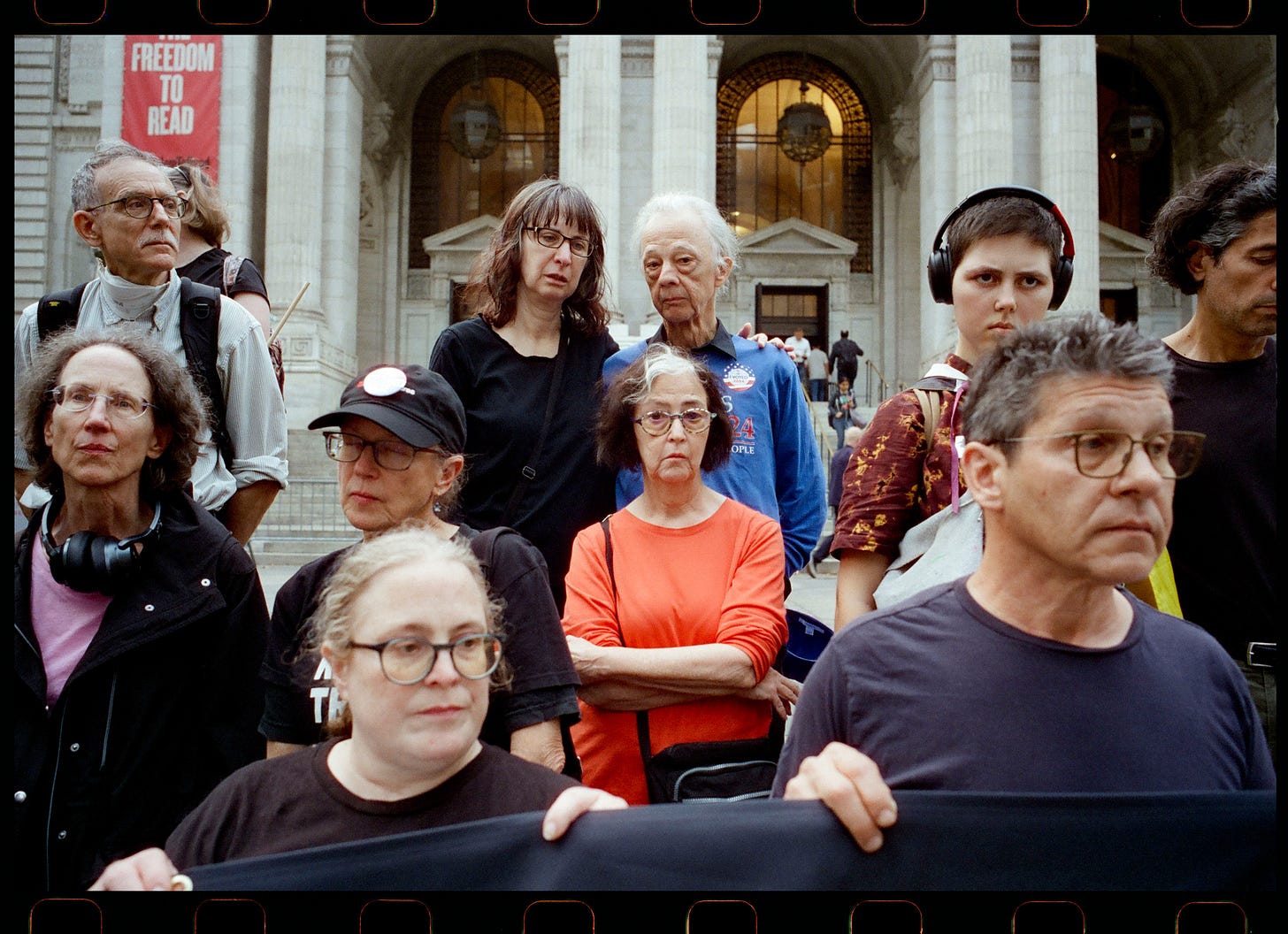
Couldn’t money that goes directly towards military operations that push Palestinians from their homes in the West Bank, ensures gasoline in the bulldozers that destroy generations-old homes, and ultimately results in the annexation of more land in the West Bank be used domestically?
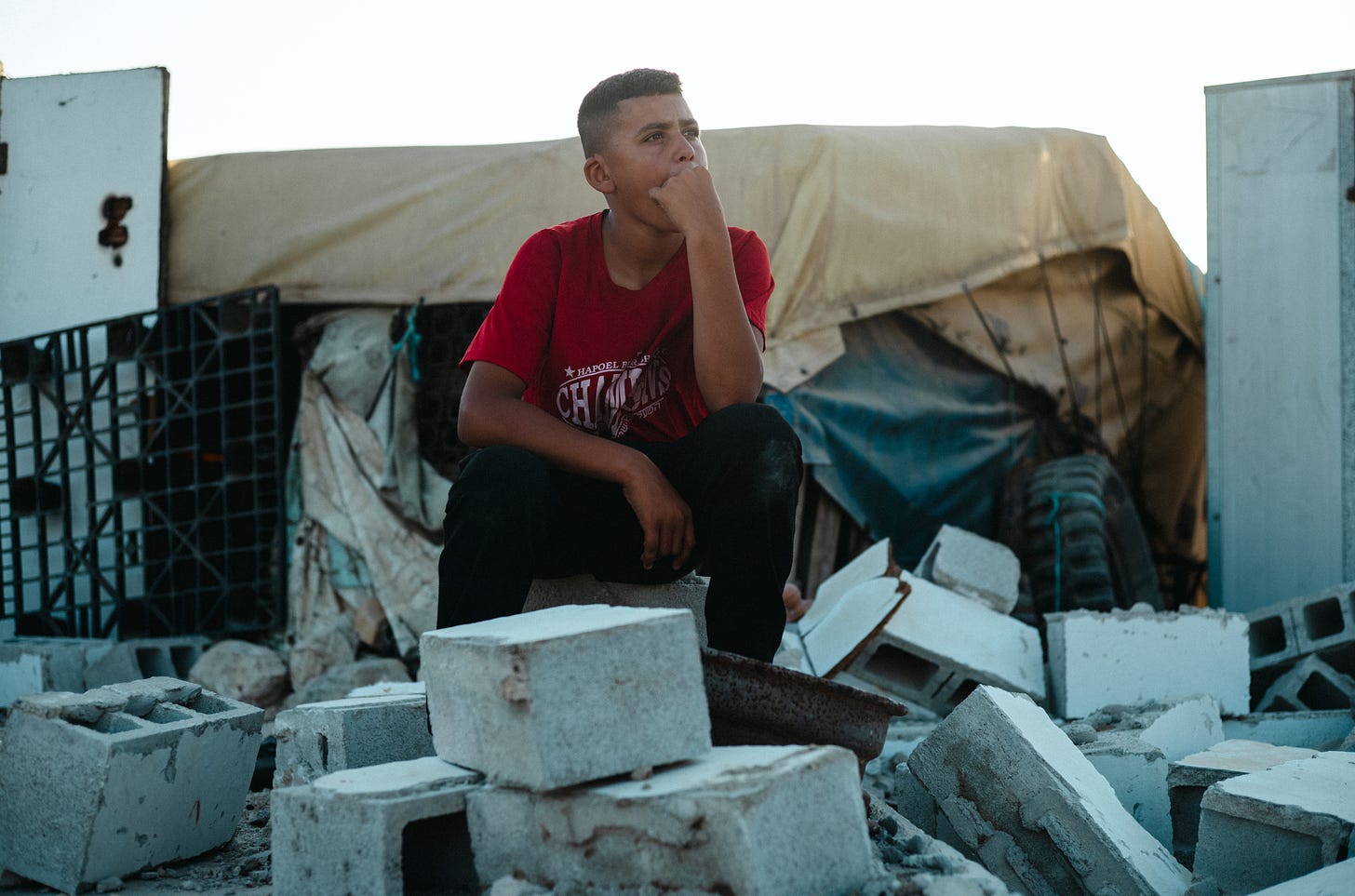
For Democratic Senator, Ritchie Torres of New York’s 15th Congressional District, the answer is clear: funding Israel in it’s seemingly endless military operations isn’t only the duty of his constituents, it’s the duty of all Americans.
Representing the poorest district in the country, Torres is an outspoken proponent of funding Israel. In fact, he’s so adamant of his financial backing of Israel, some of his constituents may begin to wonder where his loyalties lie.
Since being elected as a State Representative, Torres has visited Israel six times while holding public office; he parades around West Bank settlements offering autographs while his constituents in NY-15 struggle with poverty, homelessness, and food insecurity.

Ultimately, one question remains for American taxpayers: Why are American dollars sent overseas to destroy homes, annex land, and crush the livelihood of those in Palestine while a housing crisis, drug epidemic, and poverty rage on in our own country?
NOTE FROM THE AUTHOR: This Substack is part of a three part essay series titled Food, Water, and Shelter: Basic Needs in the West Bank Under Threat of Settler Violence. If you’ve been following along as a reader this far, thank you so very much. Many of you are family, friends, and loved ones. I am eternally grateful for the support and encouragement from my parents, close friends, and partner; you are the reason I am emboldened to continue telling stories that matter to me and the world at large.
If you’re just now tuning in, please consider subscribing to my newsletter and reading the previous essays in this series, Food Insecurity in the West Bank, and Water Apartheid in the West Bank.




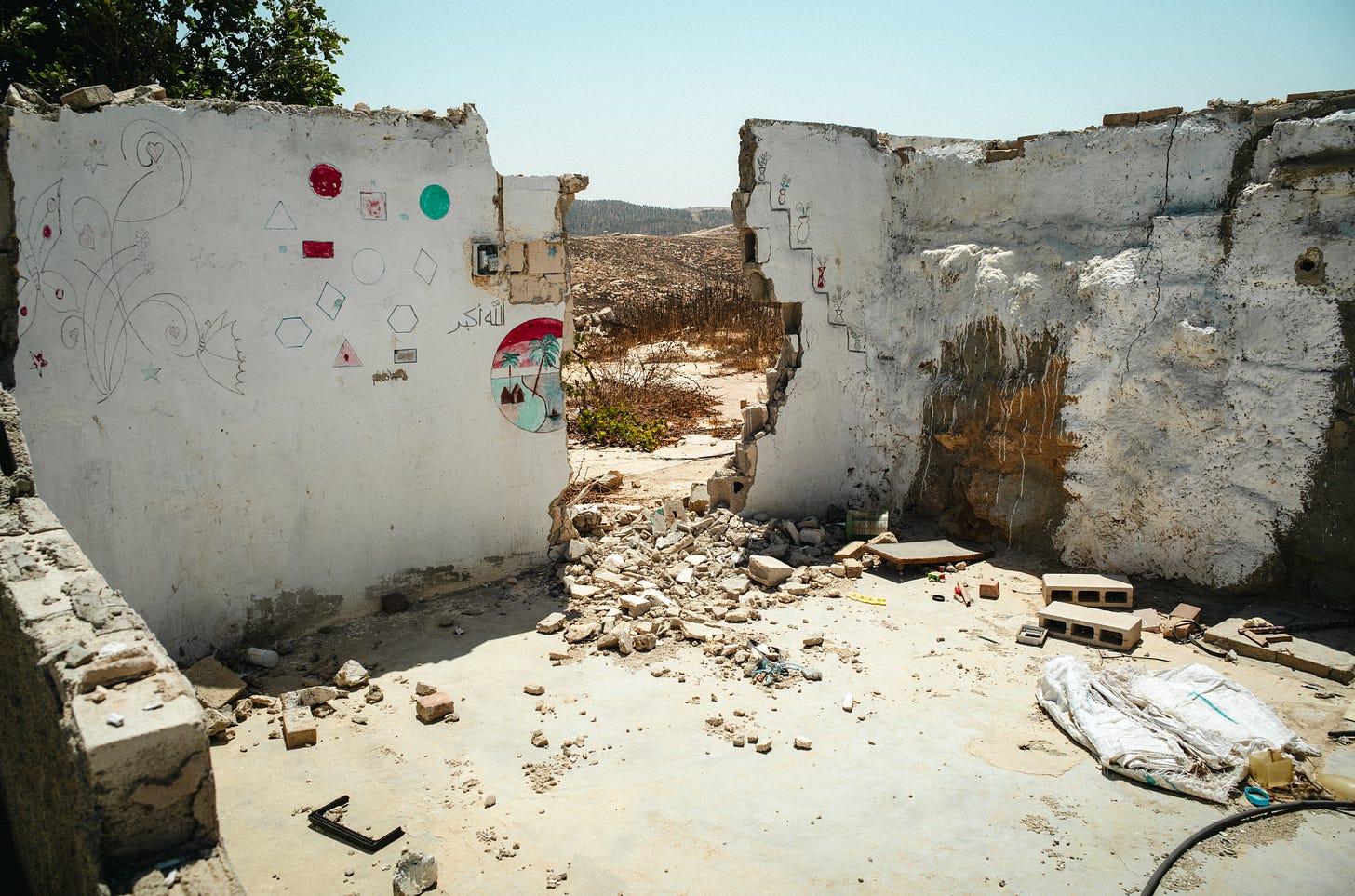
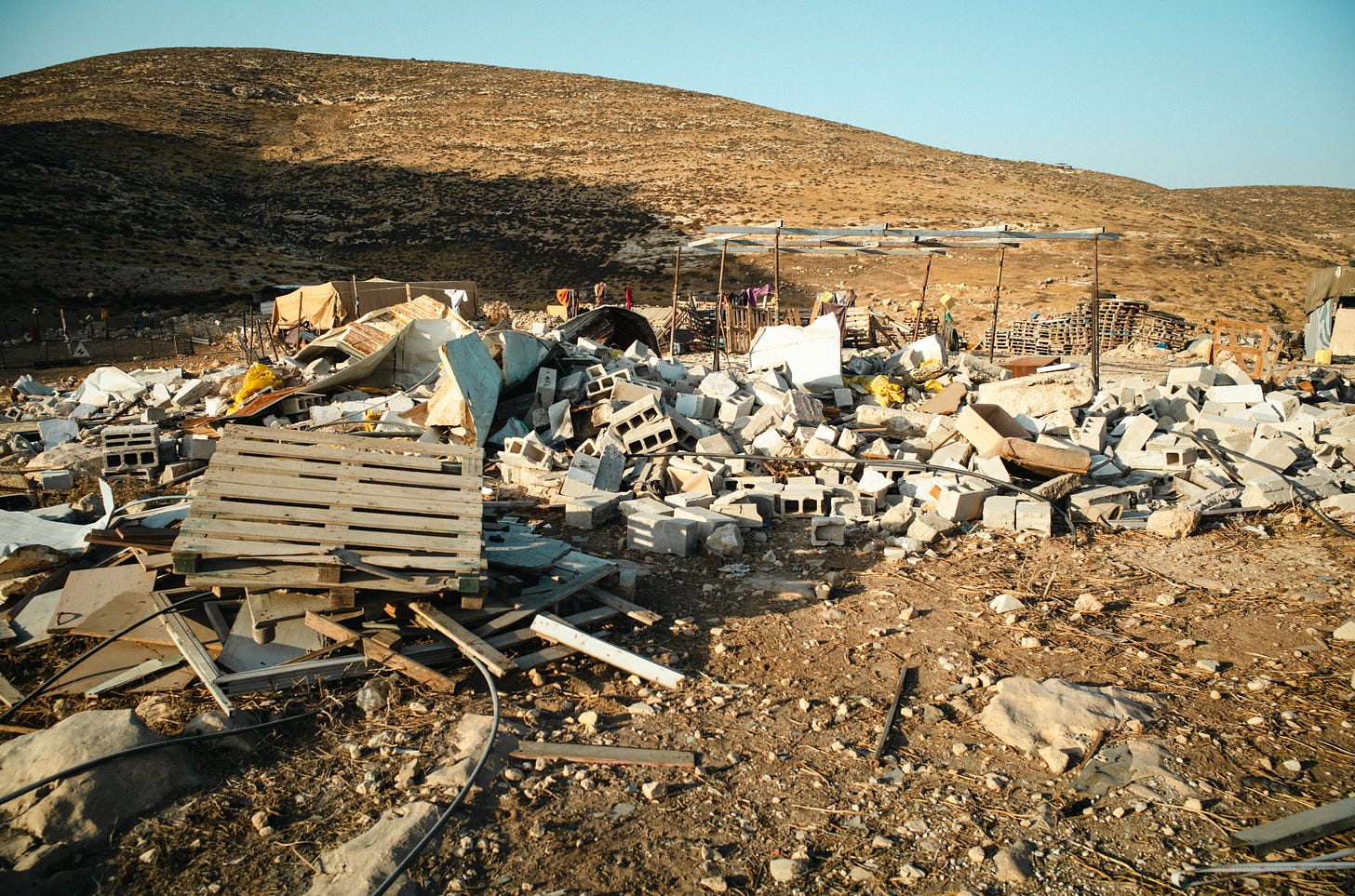
Really good information. Keep up the goos work!